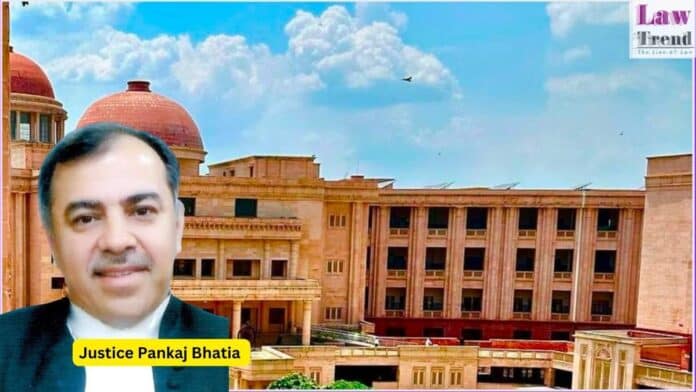The Allahabad High Court has ruled that no amounts shall be charged for photo identification on affidavits filed before the Court, declaring such practices by Bar Associations as unlawful and contrary to the constitutional mandate of ensuring access to justice. The order was issued by Justice Pankaj Bhatia in Writ-C No. 3389 of 2025 filed
To Read More Please Subscribe to VIP Membership for Unlimited Access to All the Articles, Download Available Copies of Judgments/Order, Acess to Central/State Bare Acts, Advertisement Free Content, Access to More than 4000 Legal Drafts( Readymade Editable Formats of Suits, Petitions, Writs, Legal Notices, Divorce Petitions, 138 Notices, Bail Applications etc.) in Hindi and English.




